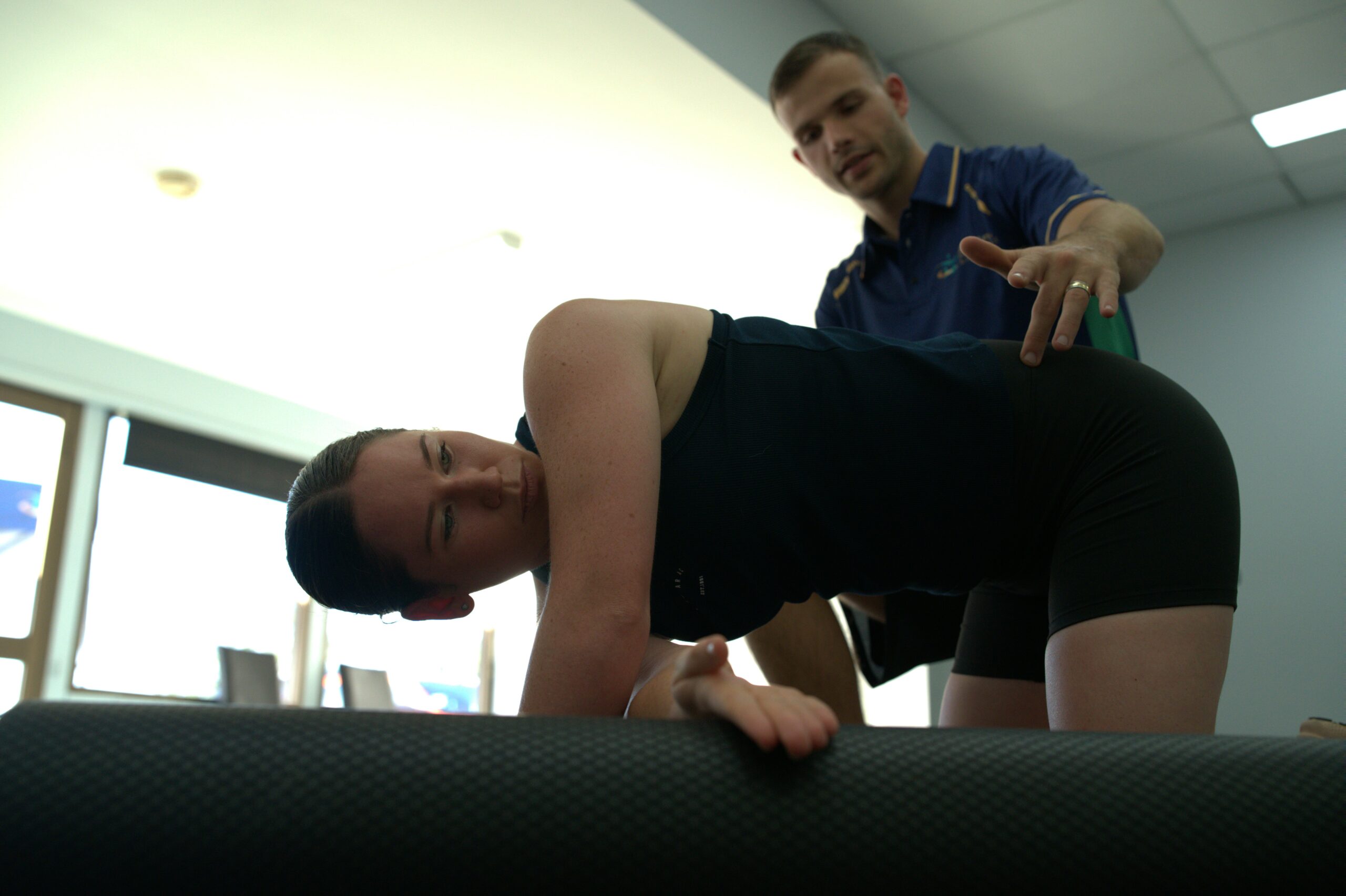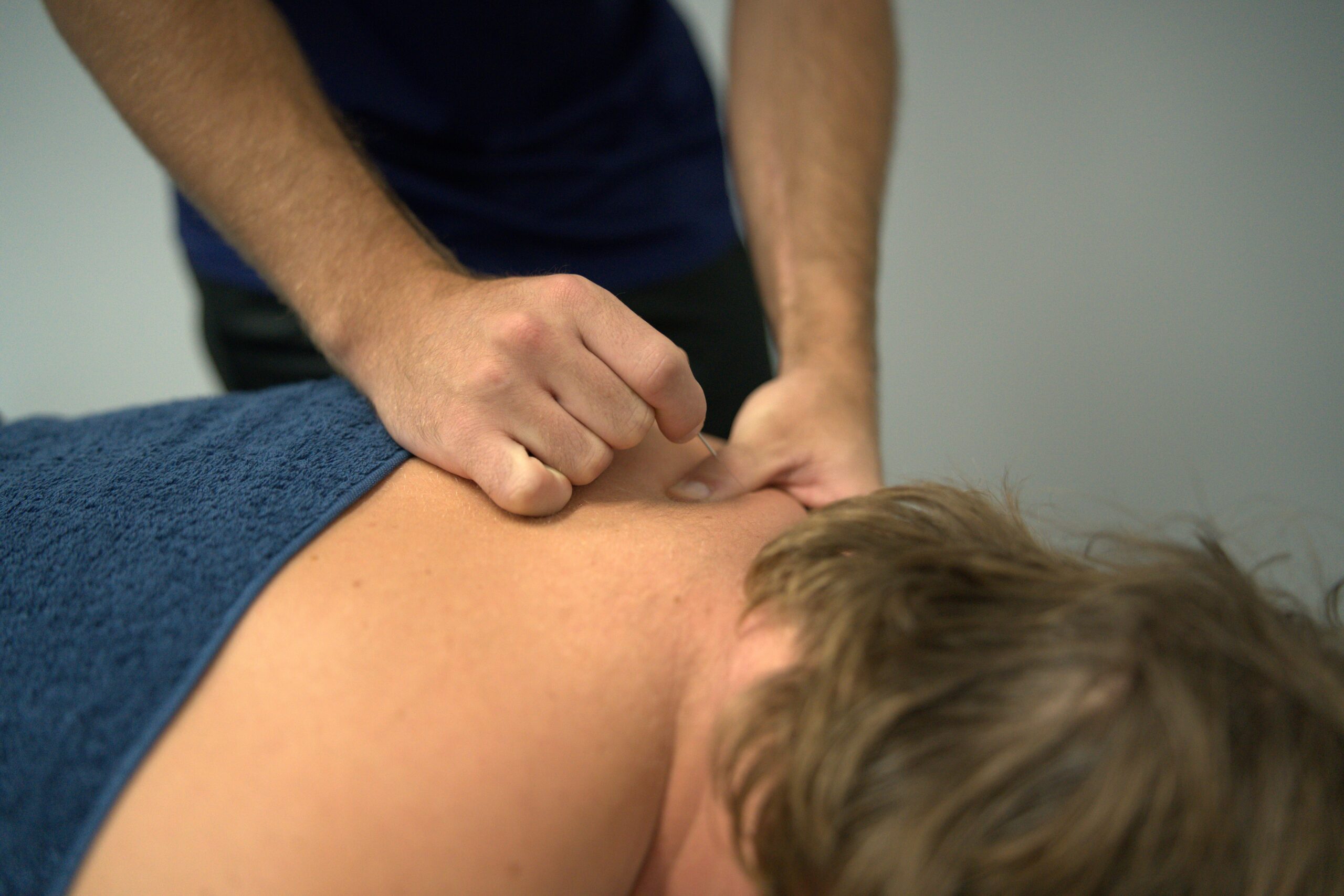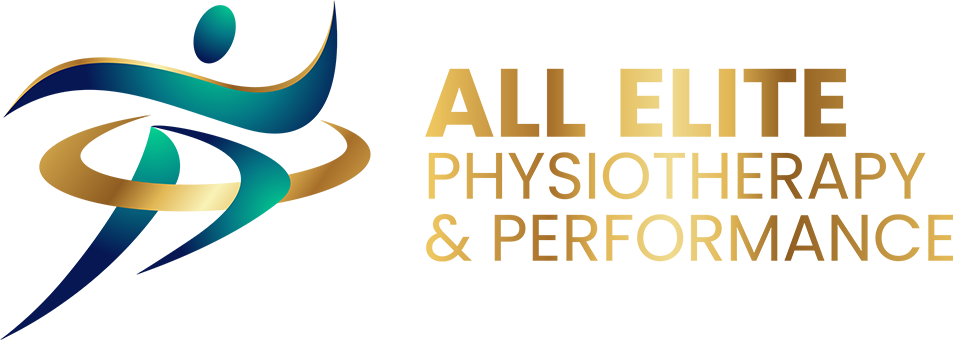5 Surprising Signs Indicating a Neck Injury
A neck injury can be more than just a pain in the neck — What might have appeared to be some unimportant muscle or joint injury is suddenly an uncomfortable nerve, a sore mid back, or even a headache.
Within the neck lies an intimate part of the spine, housing critical connections between the brain and nervous system. Upper neck misalignment or injury can travel to anywhere else in the body because of the close work between the neurons and muscle fibers, resulting in disruptions in the signals that eventually manifest as pain and tension.
This mere fact of complexity can make diagnosing a neck injury difficult. If yourself or others experience, without apparent reason, tingling feelings in the arm or hand, headaches, dull pain in the shoulders or upper back, fatigue, dizziness, or blurred vision-it is likely to be the case of an injury of the neck that infiltrates muscles, joints, nerves, or tissues.

1 - Arm and Hand Numbness, Tingling, & Weakness
A pinched nerve, also known as cervical radiculopathy, occurs when the nerves extending from your neck and down your spine become compressed. This causes an issue as the compressed nerves themselves will signal pain, but also have difficulties relaying messages to your body.
This pain can radiate into the shoulder and cause muscle weakness and numbness down the arm and into the hand. Pinched nerves are often caused by inflammation or entrapment.
Pinched Nerves can be treated with guided management by a trained physiotherapist. Exercises such as nerve gliders, joint mobilisations, and strength-based control exercises will help to relieve your symptoms. Getting specific treatment to you however is key so seeking professional help by a trained physiotherapist such as those at All Elite Physiotherapy and Performance in Raymond Terrace is essential.
2 - Headache
If you’re experiencing a headache at the base of your skull or that feels like a tight band around your forehead, it may in fact be related to neck issues.
Pain, nerve compression or muscle spasms within the neck can restrict blood flow which can be caused by mechanical factors such as the compression of nerves and arteries in the neck.
Relieving tensions in the neck (with massages, cervical mobilisation and posture training, as well as exercise therapy such as cervical SNAG’s) generally soothes headaches caused by neck injuries.
However, not all headaches fall into this category. Other neck injuries that can trigger headaches are neck stiffness, neck pain, fractures, and whiplash.
If you are concerned about the nature of your headaches, please seek help from your physiotherapist or doctor.
3 - Shoulder & Upper Back Tenderness and Pain
Pain in the shoulder, neck, and upper back is very common; it generally arises from injured muscles, overuse, or abnormal sleep. Although this type of pain has been generally attributed to poor posture, current findings do support the fact that exercise-oriented methods tend to achieve better long-term success.
Incorporating strengthening and mobilising exercises targeting specified areas will help you get long-term relief from that pain. You will want to strengthen the muscles around the shoulder, upper back, and neck for support. Stomach-strengthening exercises, such as planks and bridges, give overall stability to the body and take some of the strain off your upper body. Next is a good thoracic or upper back extension movement that makes the muscle around the spine work, which then gives support to the shoulders and neck area.
Further, increasing mobility with a few extra exercises for the thoracic spine can really take tension from the shoulders and upper back. Movements like "thread the needle" and "bow and arrow" stretches really encourage flexibility and more range of motion that avoids stiffness and increase functioning.

What does this have to do with your neck? Forward head posture, often caused by slouching and leaning forward, places extra strain on your neck as it bears the weight of your head. This can create a harmful muscle imbalance over time.
4 - Chronic Fatigue
Ever done a day-long hike or worked a double shift and felt exhausted the next day? Now imagine feeling that level of fatigue every day without cause. If you're experiencing chronic fatigue without cause, it could be linked to craniocervical instability — when the ligaments holding your head and neck together become injured or unstable.
Other side effects include a painful, heavy head, headache, rapid heart rate, brain fog, neck pain, visual problems, dizziness, and chronic fatigue. If you're experiencing these symptoms, seek advice from a professional.
5 - Dizziness and Blurry Vision
Neck pain accompanied by dizziness, vision issues, nausea and poor coordination can all stem from inflammation, joint issues or trauma in the neck. This is called cervical vertigo, due to the sensation of spinning even whilst still.
Academics are still researching this, but cervical vertigo can be caused by anything from neck trauma, arthritis, inflammation, poor posture, injured disks, joint issues and muscle strain. Treatments typically involve physiotherapy and medication to manage symptoms and address the underlying causes.
At-Home Pain Relief Remedies for Neck Pain
- Stretching: Incorporate exercises such as neck glides, lateral extensions, and gentle neck rotations into your routine.
- Strengthening: Focus on exercises that enhance core and neck stability, such as shoulder shrugs and chin tucks.
- Improve Posture: Regularly practice exercises that promote strengthening of the neck and upper back, that help control stability.
- Heat Therapy: Use heat packs to relax tense muscles and improve circulation.
- Consult a Professional: If symptoms persist, seek advice from a healthcare provider for tailored exercises and interventions.
How Physiotherapy Helps
Working with a trained physiotherapist provides the confidence that your body is on the road to recovery. Through gentle joint mobilisations and targeted massage and exercise-based therapies, physiotherapy helps relieve stiffness, soreness, and widespread pain by releasing muscle spasms and improving mobility.

At All Elite Physiotherapy, our team is dedicated to guiding and supporting you along your recovery journey. We are passionate about tailoring advice best suited to your problems, to regain your mobility, restore function, and improve your overall well-being as quickly and comprehensively as possible.
For many neck injuries, we may also recommend dry needling, a technique involving the insertion of thin, sterile needles into tense muscles to alleviate pain, release muscle tension, and promote healing.
All your enquiries and questions can be directed to our friendly team over the phone (02) 4981 9501 or by email to admin@allelitephysio.com.au.
If you experience symptoms such as double vision, difficulty swallowing, dizziness, drop attacks, facial numbness, difficulty walking, nausea, or nystagmus, you should seek immediate emergency help and call 000.
